Karine Polwart in Wind Resistance Image: press shot
Wind Resistance by Karine Polwart / Lyceum Theatre Edinburgh / 4.11.17
Play-gig-lecture muses on nature, belonging and loss with a haunting soundtrack
Folk singer Karine Polwart was one of the hits of the Edinburgh International Festival in 2016 with Wind Resistance, an unusual show that is part-gig, part-story, part-natural history lecture. She has released it on album and script and revived the show for a week long run in Edinburgh following a week in Dublin.
The stage was dressed like a comfortable musical study and Polwart was alone throughout, intertwining spoken word and song fragments in three loose strands: her own life on Fala Flow, a peat bog beside her home south of Edinburgh; the life and love of the grandparents of a local woman Polwart met at the end of her life, and a forensic examination of the bird and plant life of the bog.
Parallels between the three strands shifted pleasingly, moving woozily in and out of focus around themes of motherhood, sacrifice, loss and belonging. There was a gentle narrative propulsion that gave it, if not tension, then at least a tightening and easing of mood.
When performing her folk music Polwart is a confident, garrulous raconteur and that carried her a long way here. Her lack of ease with the stagier movements and gestures was more than made up for by her warm, funny and sincere delivery. A one woman show is a daunting prospect for someone whose day job is acting, but Wind Resistance succeeded through Polwart's poise. Stunning sound design that connected to the on-stage action in startling bursts of invention also helped.
Short musical pieces peppered the evening. Polwart has the most beautiful, pure, clear voice, so musical that it has no use for ornament or fuss. She launched into daring, vaulting fragments of melody then back directly into speech and the transformation was magical. Waiting for it to happen again carried more suspense than any of the stories.
The music created moments of punctuation within and between the strands of the show, using elements of modern and traditional folk. The shame is only that there wasn't more of it.
The stories demanded resolution, but they couldn't bear the structural strain of being the climax of an evening of theatre, the doomed romance of her neighbour's grandparents in particular feeling simple and sentimental.
Where the script shone was in its short, self-contained fragments such as the spellbinding evocation of the moor as a place of spiritual solace, or the football commentary that connected Alex Ferguson's footballing philosophy to the flying techniques of migrating geese.
Wind Resistance made its own space somewhere between theatre, lecture and gig. It was a funny, poignant and thoughtful examination of an ordinary place made special through focus, understanding and empathy. And the music was beautiful.
Play-gig-lecture muses on nature, belonging and loss with a haunting soundtrack
Folk singer Karine Polwart was one of the hits of the Edinburgh International Festival in 2016 with Wind Resistance, an unusual show that is part-gig, part-story, part-natural history lecture. She has released it on album and script and revived the show for a week long run in Edinburgh following a week in Dublin.
The stage was dressed like a comfortable musical study and Polwart was alone throughout, intertwining spoken word and song fragments in three loose strands: her own life on Fala Flow, a peat bog beside her home south of Edinburgh; the life and love of the grandparents of a local woman Polwart met at the end of her life, and a forensic examination of the bird and plant life of the bog.
Parallels between the three strands shifted pleasingly, moving woozily in and out of focus around themes of motherhood, sacrifice, loss and belonging. There was a gentle narrative propulsion that gave it, if not tension, then at least a tightening and easing of mood.
When performing her folk music Polwart is a confident, garrulous raconteur and that carried her a long way here. Her lack of ease with the stagier movements and gestures was more than made up for by her warm, funny and sincere delivery. A one woman show is a daunting prospect for someone whose day job is acting, but Wind Resistance succeeded through Polwart's poise. Stunning sound design that connected to the on-stage action in startling bursts of invention also helped.
Short musical pieces peppered the evening. Polwart has the most beautiful, pure, clear voice, so musical that it has no use for ornament or fuss. She launched into daring, vaulting fragments of melody then back directly into speech and the transformation was magical. Waiting for it to happen again carried more suspense than any of the stories.
The music created moments of punctuation within and between the strands of the show, using elements of modern and traditional folk. The shame is only that there wasn't more of it.
The stories demanded resolution, but they couldn't bear the structural strain of being the climax of an evening of theatre, the doomed romance of her neighbour's grandparents in particular feeling simple and sentimental.
Where the script shone was in its short, self-contained fragments such as the spellbinding evocation of the moor as a place of spiritual solace, or the football commentary that connected Alex Ferguson's footballing philosophy to the flying techniques of migrating geese.
Wind Resistance made its own space somewhere between theatre, lecture and gig. It was a funny, poignant and thoughtful examination of an ordinary place made special through focus, understanding and empathy. And the music was beautiful.
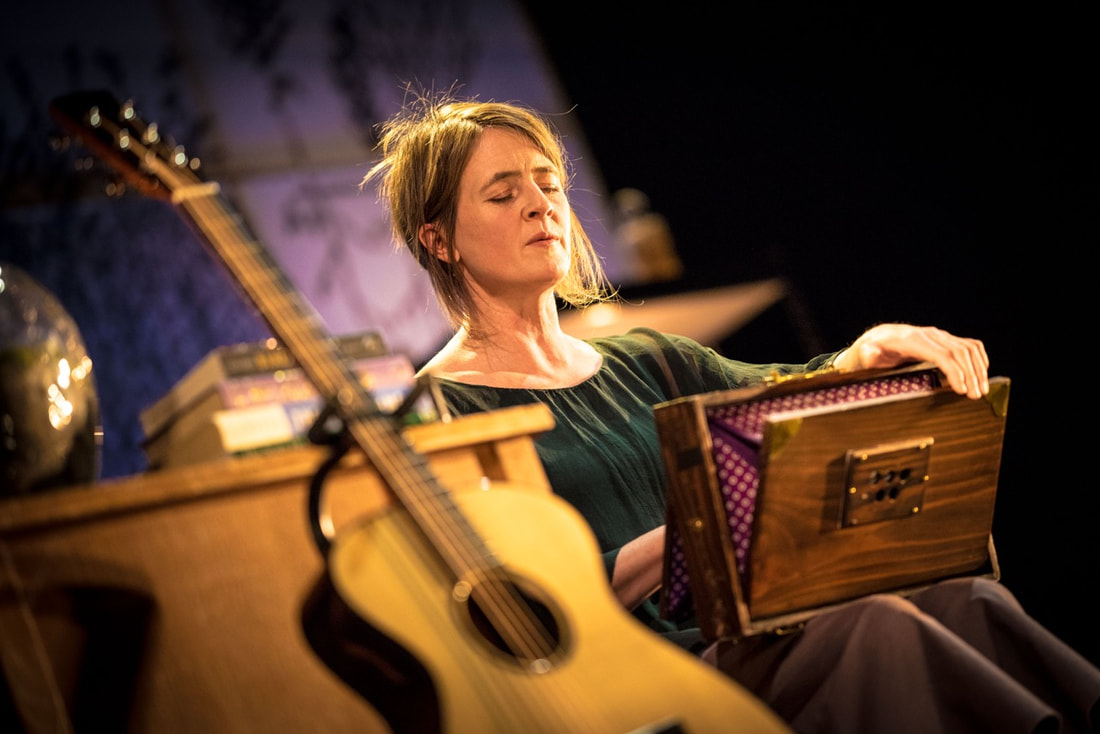
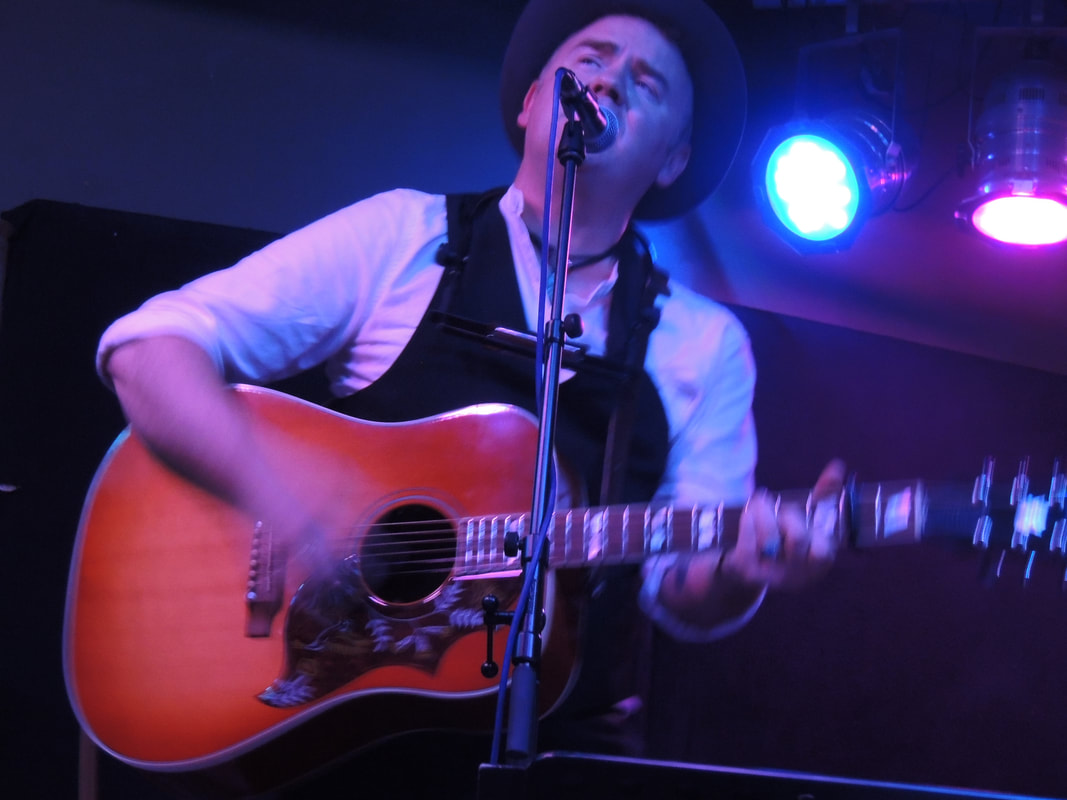
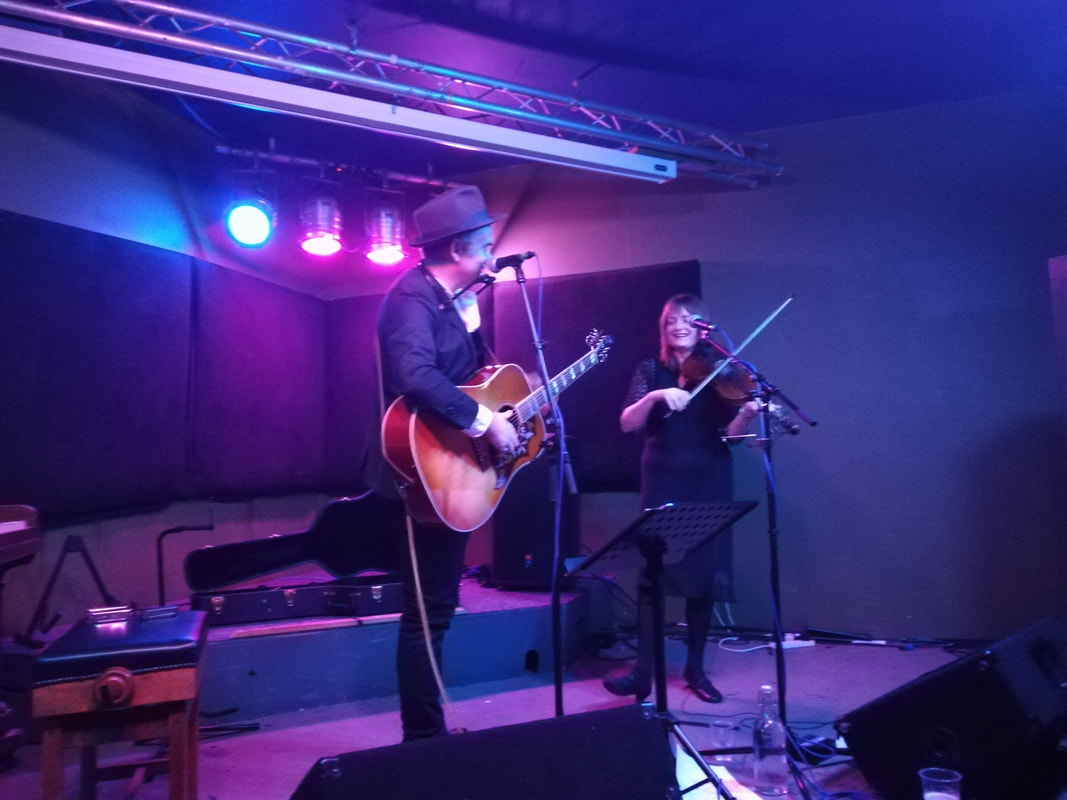
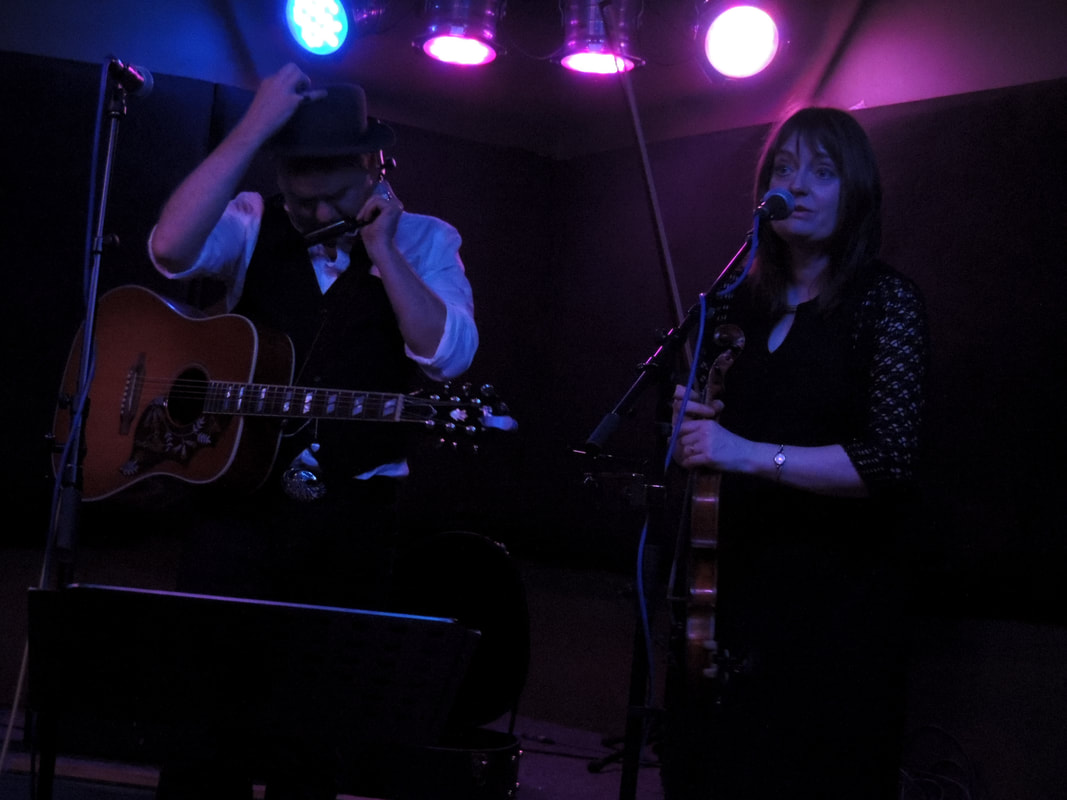
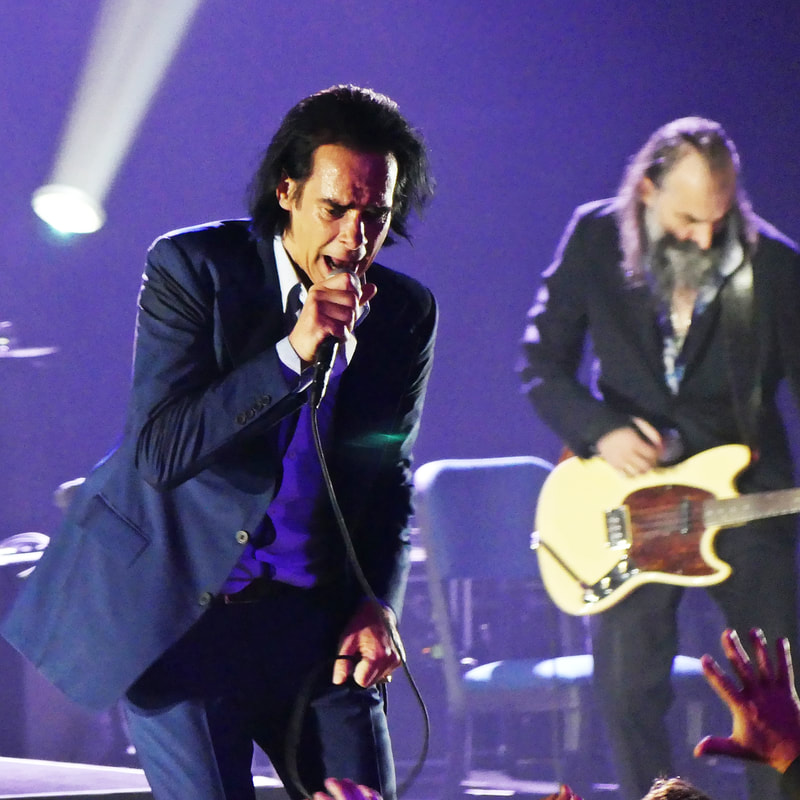
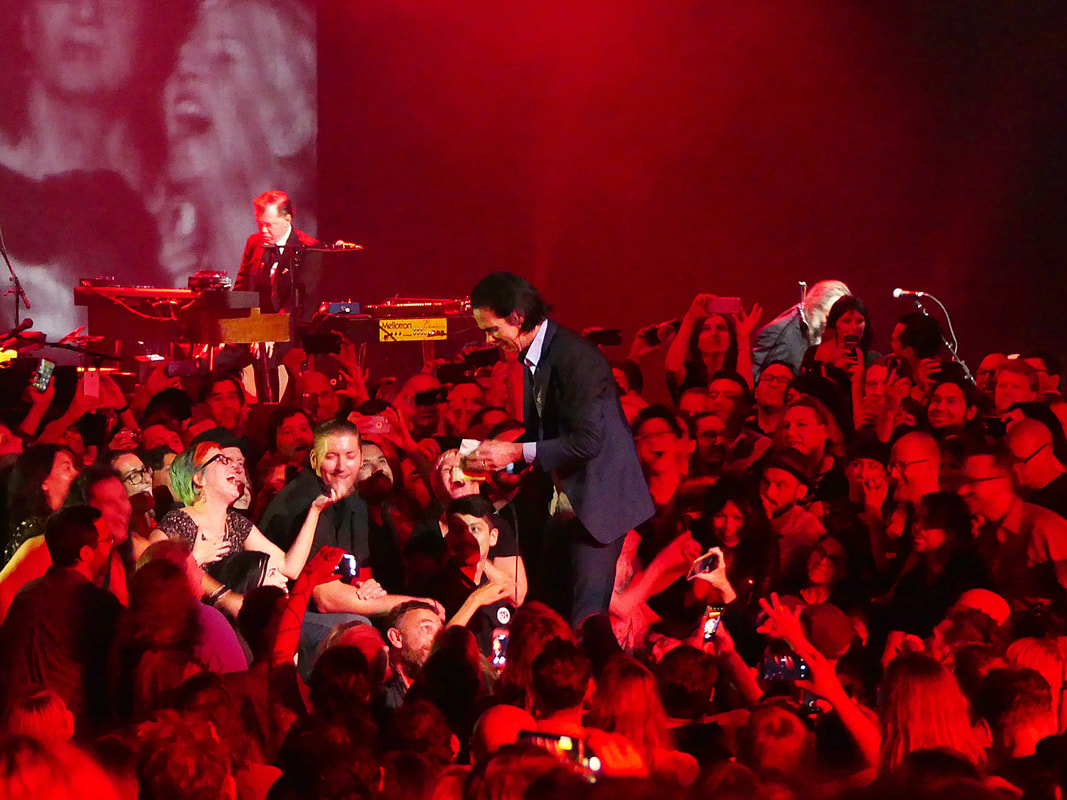
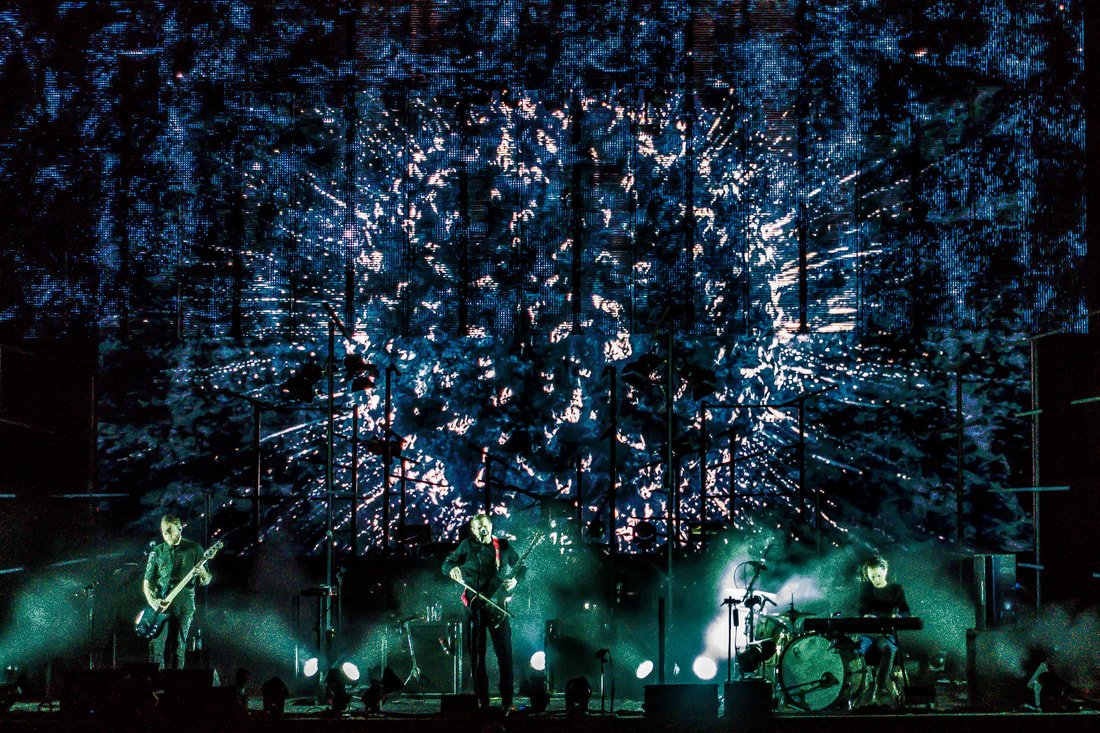
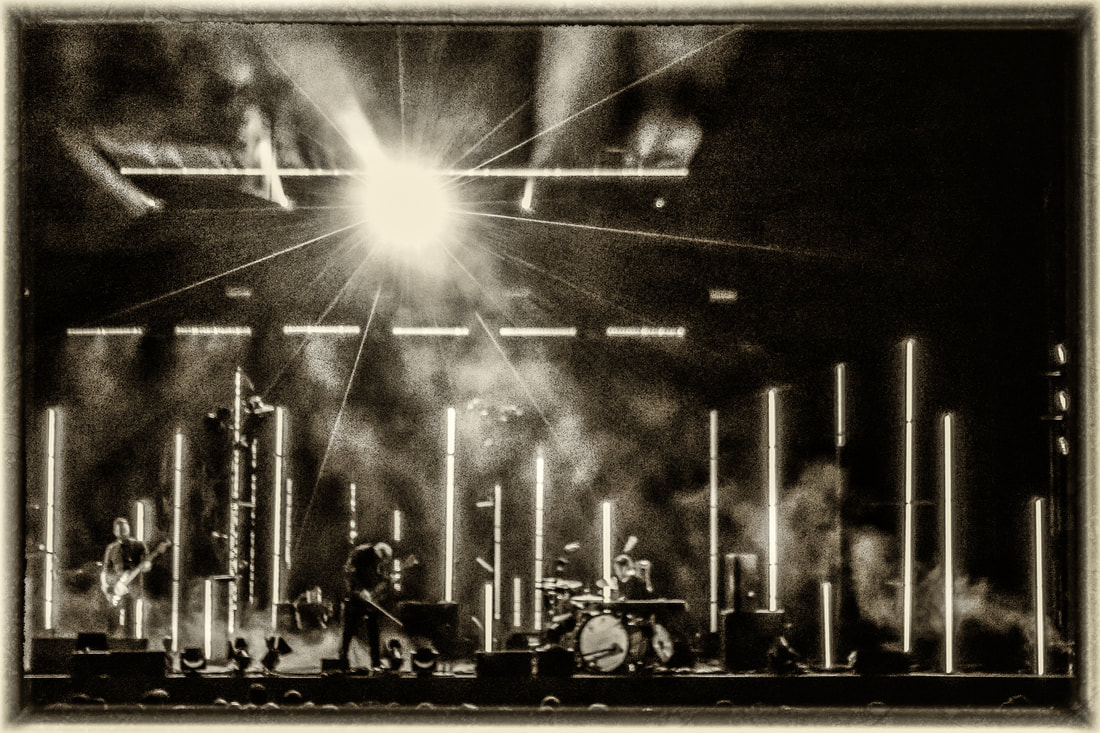
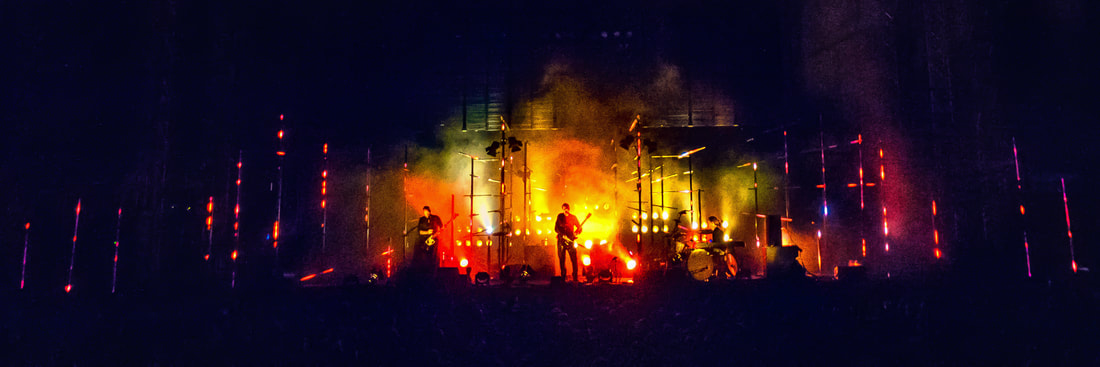
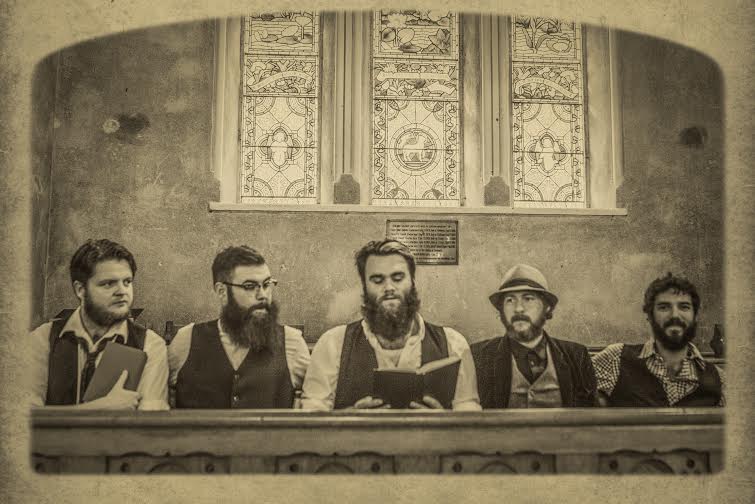


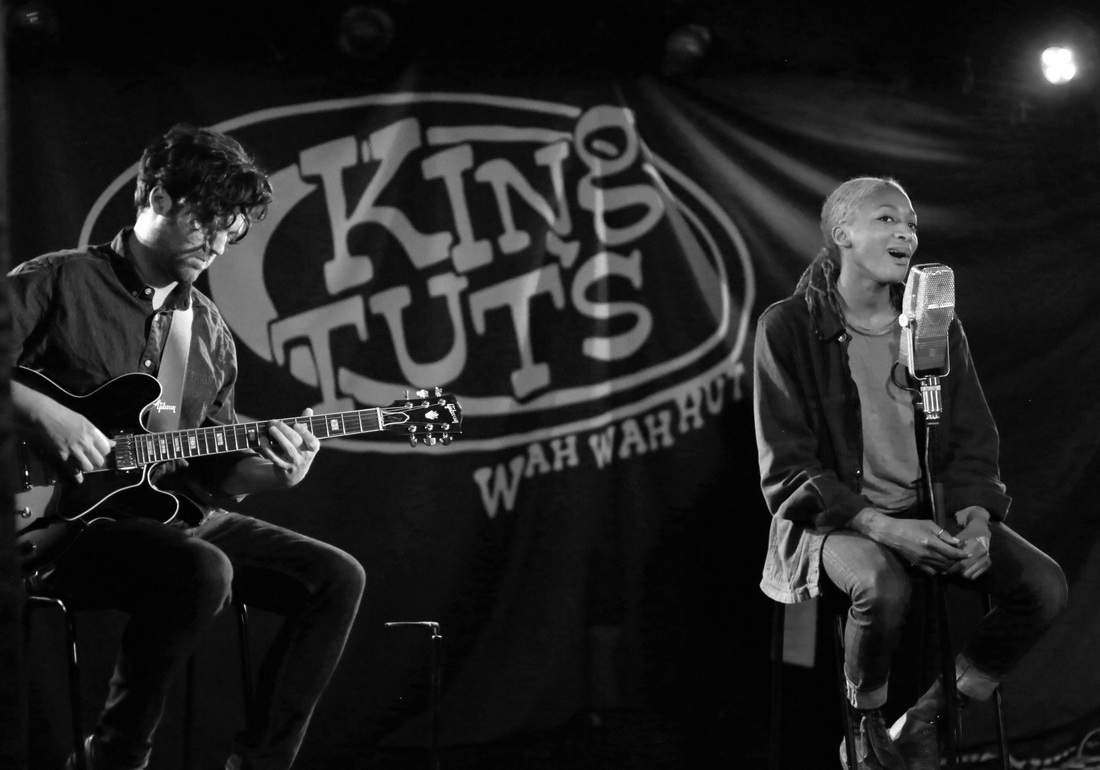
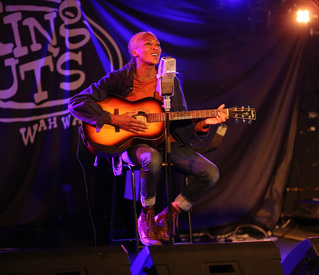
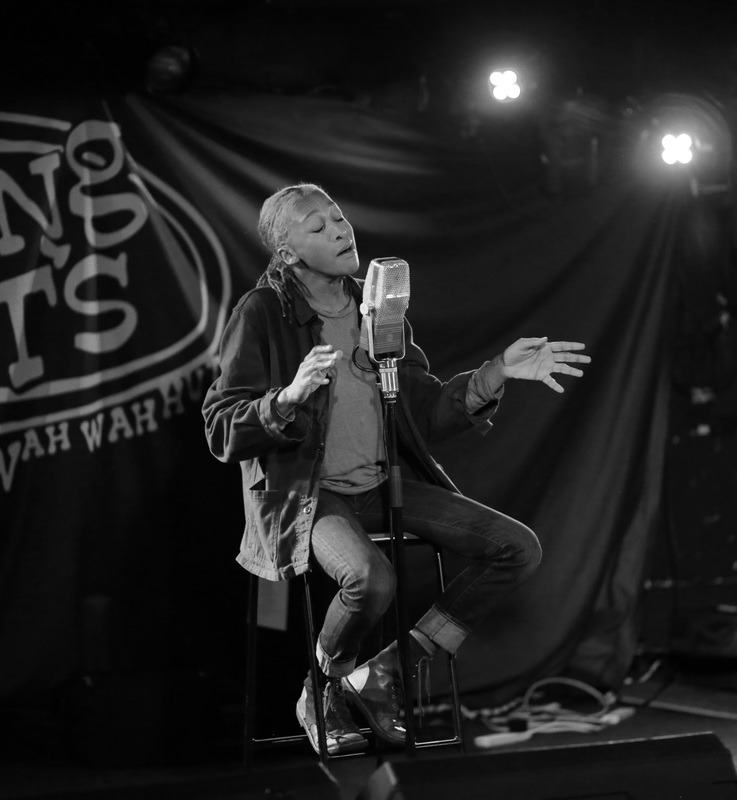
 RSS Feed
RSS Feed
